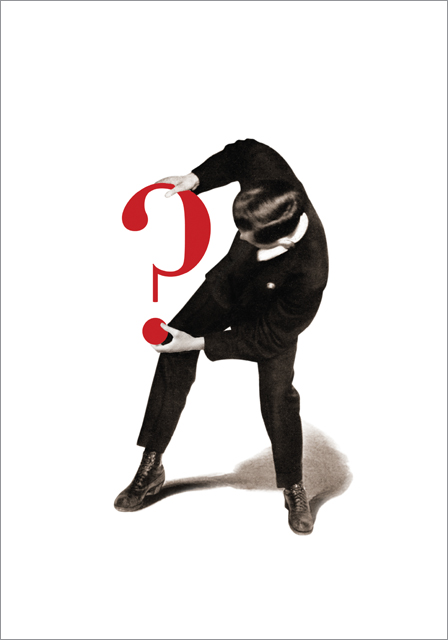adapted from a letter I wrote in an ongoing exchange I’ve been having with another writer/editor about the state of book reviews in the “online scene”…
This is a dynamic, emergent scene we’ve got going here, and we all learn on the job to some degree–me as much as anyone–but my baseline expectation is that if someone puts their work out into the public sphere, they are asserting that it belongs there, and are prepared for it to be judged against whatever else is out there already. Not in the sense of competition, but in the sense of discerning value–as in, I took the time to read this, what am I getting back for my time? What does this thing purport to do, and has it succeeded in doing so? I don’t think that’s too harsh a position to take, in fact it seems like the absolute bare minimum. (Our standards, probably, should be much higher than they are if we ever want to push ourselves beyond what we’ve already achieved–but we don’t have time to get into that right now.)
I think the real problem is that many people in our scene want to “review” because they want to be published, and the near complete absence of standards for reviews means you can pretty much always get a review “published” somewhere or other. But the people who write such “reviews” don’t have anything to say about a given book beyond “I liked it” or “this is my friend” or “this sucked.” I’m not sure if that’s because they actually can’t read critically, if they simply can’t articulate their thoughts, or if they’re simply disinclined to exert extra effort when the bar for achieving the “end goal” of publication on this or that website is so low it couldn’t possibly be out of reach–may possibly in fact have to be reached down for.
Or else people want to “review” books for the same reason they want to click the “like” icon under somebody’s facebook post. And I’ll be the first one to defend that kind of impulse. There’s a place for that. I write blog posts like that all the time. Sometimes it really is all that you want to say, or sometimes the work doesn’t warrant extended consideration. It’s there to be taken or left. But praising or damning a book is the work of a single sentence, paragraph at most. If the review is to be any longer–that is, if it is to truly *be* a review, it needs to do something more, or anyway, something else
Criticism and reviews are both meta-forms–if they don’t in some way amplify or complicate the subject of their focus, then they shouldn’t exist. So much of what passes for reviews or criticism that I read online seems not simply to fail to contribute to my understanding of the work under review, but actually to disrupt that understanding, or worse, to degrade the work. Put as simply and viciously as I can: a “reviewer”‘s windy, incoherent, sychophantic paean to the virtues of _______ is going to leave the reader (that is, the reader of the review) less inclined to read the work under review, because the work’s primary champion seems to be some kind of idiot. The drooling happiness of the idiot impresses nobody, and nobody wants to invest their money or time in the book that impressed the idiot. We understand this implicitly when we attack the NYT’s staff reviewers, so why is it so hard to see–and harder to still to call out–when its happening among our own ranks?


 In preparation for MEAN WEEK, I sent out a small call for meanness from some people whom I trusted to have some bile to spill. Pretty much everyone ignored me, or else g-chatted gleefully and cruelly but refused to go on-record (I made non-anonymity a requirement). Only Dan Nester–author of
In preparation for MEAN WEEK, I sent out a small call for meanness from some people whom I trusted to have some bile to spill. Pretty much everyone ignored me, or else g-chatted gleefully and cruelly but refused to go on-record (I made non-anonymity a requirement). Only Dan Nester–author of 
